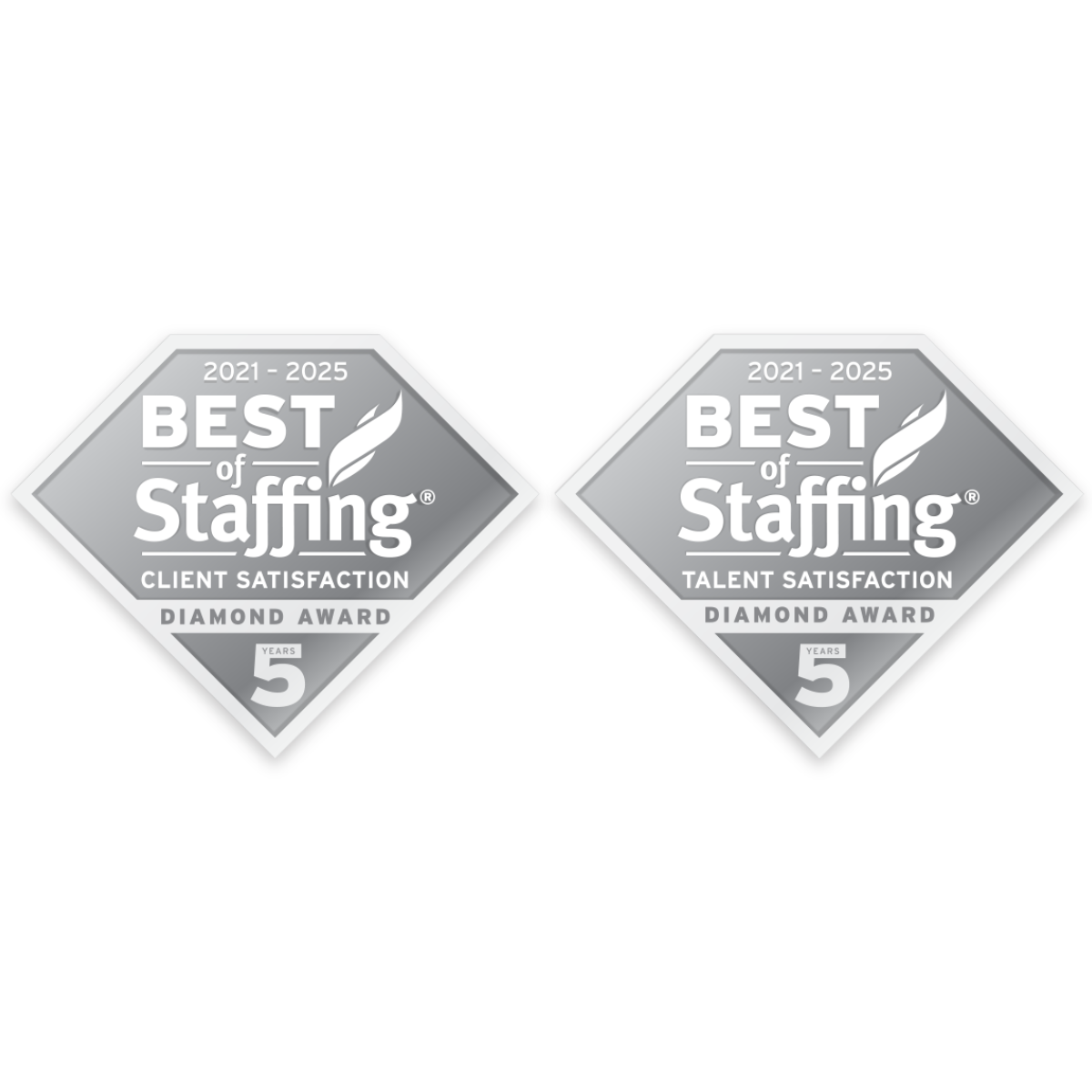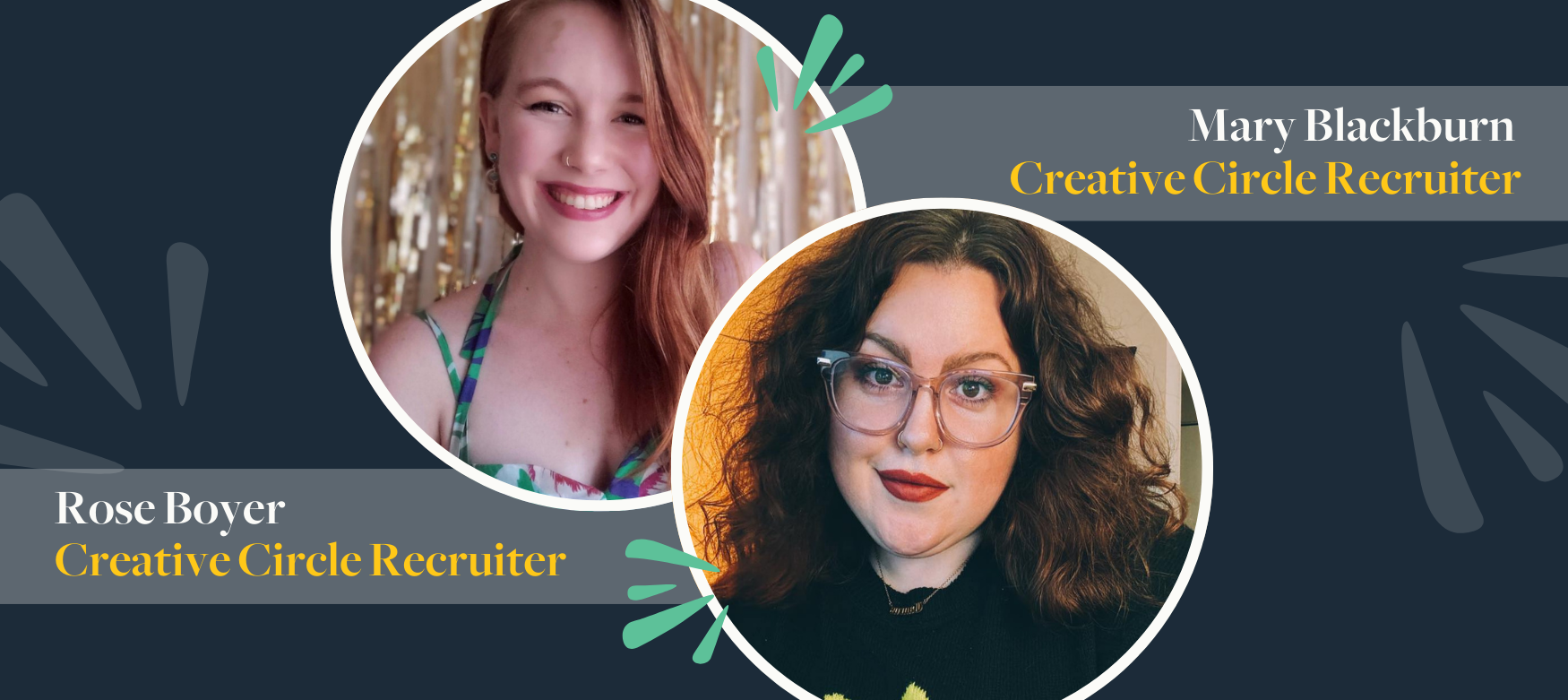The workers have spoken (or, rather, Slacked): A widespread return to the office is not happening anytime soon. Even as workplaces have upped the ante with in-person perks far beyond breakroom snacks, most employees still say you can’t beat the comforts of home.
But while long commutes, overpriced lunches and an off-kilter work-life balance are things employees obviously don’t want to revisit, there is still one benefit to office life that can be hard to replicate remotely: connection.
According to Harvard Business Review, the pandemic accelerated a decrease in connections across wider networks. While employees made an effort to keep in contact with their closer relationships, the review said, broader informal interactions — once a common side effect of casual deskside chats or running into a coworker in the hallway — had plummeted. According to the survey, this has impacts on everything from productivity (people who feel more connected to their work also feel more productive) to innovation, such as sparking new ideas and collaborating with others.
Especially hard hit? Employees on the lowest levels: Recent graduates have found their experience of the workplace to be extremely isolating and have not had the opportunity to engage with potential mentors or feel they are contributing on a meaningful level.
For working creatives and artists, going it solo has often been a major plus. But that doesn’t mean that working collaboratively is gone for good, or that it can’t be lonely from time to time when your cat is your coworker (and never refills the coffee pot). Especially when you want to reach a new level in your career, seek new clients, or explore new possibilities, having a professional network you can turn to for referrals and recommendations is crucial.
From online daters to online commenters, many of us have been building relationships in the digital space for a long time. But how can that translate into finding your next freelance or full-time work opportunity?
Whether you’ve adopted a remote-first work schedule, transitioned to freelance, launched a digital nomad lifestyle or have always worked as an independent creator, here are some ideas to grow your professional connections.
Make the first move
The art of networking has obviously come a long way since the days of passing out business cards, awkward icebreakers and Sharpie nametags. As Sam Mani writes in Art Business Journal:
“If you think networking is simply about advancing your own career, it’s time to change that mindset. Rather, focus your networking efforts on connecting through your passions and creating a community, and that requires being open to others and their needs. As the Young Entrepreneurs Council puts it, successful networkers ‘…go beyond thinking, ‘What’s in it for me?’ to ask ‘How can I help?’’”
An offer to volunteer with a professional organization, like participating in portfolio reviews, hosting a virtual meetup, giving an online lecture, or judging Open Call art competitions in your field of expertise, will often receive a resounding welcome.
If you’re looking to find out more about a particular field, consider asking for informational interviews with professionals you admire. Virtual meetings mean the world is your oyster when it comes to finding people who do your dream job and asking them how they got there. Follow up with a thank-you note or a gift card to a coffee shop.
Join online professional networking groups
Where are the best places online to find career contacts? More than just the top tool for interoffice communication (and gossip), Slack features groups where you can meet people according to your professional or personal interests. You can also search Discord for niche communities and make connections. Remote work and digital nomad groups abound on Facebook, where anywhere from dozens to thousands of members share opportunities and resources.
For working artists, creatives, or those looking to turn a side hustle into a full-time gig, online artist communities like Artrepreneur, a global digital marketplace and membership platform, give you access to a wide array of working artists. Complete your profile. Like and follow other artists you admire. Engage with the community over chat. You just might find your next client or collaborator. On each of these platforms, introduce yourself in a post, ask an open-ended question, or engage with others in the replies of a thread to kick off the conversation.
And of course, there’s the big name in professional networking: LinkedIn. To make sure you’re in tip-top shape for potential recruiters, refresh your profile, write a mission statement, and start posting — and engaging — with content in your field of interest. Not sure where to start with connections? Tapping your alumni network is always a good first step if you’re looking for referrals, since you automatically have something in common. When it comes time to send that message inquiring about a particular company or client, your fellow alums will be that much more likely to hook you up.
Give coworking a try
As a writer, I experienced a major breakthrough when I discovered the London Writers’ Salon. During one of four daily sessions by time zone, writers from all over the world log on, chat about what they’re working on, listen to an inspiring quote, then write in tandem for 50 minutes. I never would have thought being in a giant Zoom with strangers on silent would help me get stuff done, but there’s something comforting about getting together with like-minded people and cheering each other on. Now, when possible, I try to replicate that feeling with coworking sessions in person around kitchen tables or in coffee shops with fellow freelancers. Just because I WFH doesn’t mean I always have to do it alone.
Coworking spaces in your town or city could fill that same need, and often host mixers so remote creatives from a variety of industries can meet each other IRL. Or, if you’re a leader, you can start your own critique session or creative salon. Invite a friend or two, ask them to share with their contacts, or post about the opportunity online to gauge interest. My bet is that you’ll find there are plenty of people who are just as interested and invested in making connections and building community as you are.
About the author.
Allison Stice is the editorial director at Artrepreneur. She has been published in the Bitter Southerner, Garden & Gun and Savannah Magazine, among other publications.



